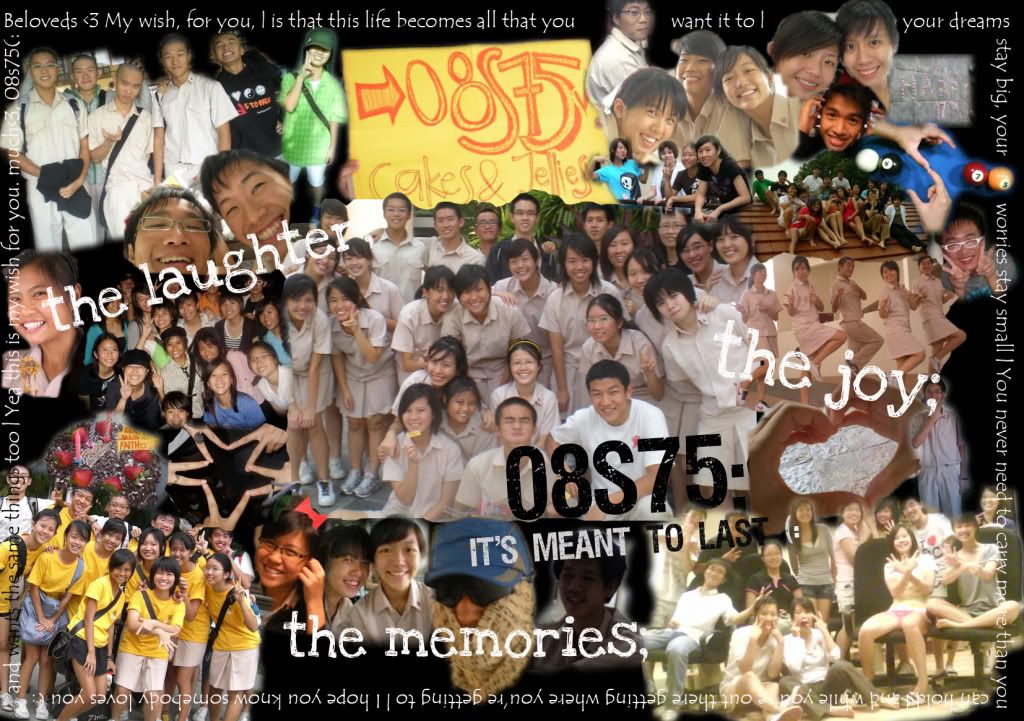Wednesday, 21 May 2008!
HandWritten on; 18:52
How Europe is Drowning in Wine
Tuesday, Jul. 03, 2007 By LEO CENDROWICZ/BRUSSELSThere is nothing like a Bordeaux, a Chianti or a Riesling to evoke the taste and scent of Europe in a wine glass. The problem, according to the "wine lake" cliché. is that the continent is swimming in the stuff, thanks to E.U. farm polices that have sought to keep prices stable by stockpiling unsold wine. The current unsold inventory now adds up to more than a year's production — enough to fill 8,000 Olympic-sized swimming pools.
Next week, however, the European Commission hopes to begin draining the lake by overhauling the subsidies and quotas that have spurred overproduction, widely recognized as untenable for Europe's winemakers and its taxpayers. The Commission proposals, due to be released on Wednesday, aim to transform the way vines are planted and how wine is marketed, recognizing that too much of the E.U.'s $1.8 billion annual wine budget goes to compensate farmers for producing wine no one wants to drink. That wine is either destroyed, or — at additional cost — transformed into industrial alcohol.
European producers are feeling the competitive pressure from surging "New World" wines: Over the past decade, U.S. wine exports have leapt 160%, Australia's by 500%, Chile's by 270% and South Africa's by 770%. And, at the same time, European domestic consumption is declining by about 0.65% a year.
"We have been pouring taxpayers' money into distillation schemes [to convert unsold wine to industrial alcohol] while New World wine-producers have been running rings round us," E.U. Agriculture Commissioner Mariann Fischer Boel said last week. "Clearly, we must take a different approach to helping Europe's excellent wines punch their weight around the world more consistently."
Europe accounts for about half of the world's total wine consumption and two thirds of its production. European wine-making employs around 1.5 million people, and annually generates about $22 billion. But imports have been growing by about 10% a year, and could soon exceed exports, while revenues per wine farm in Europe have declined by an average of 12% between 1999 and 2003.
Fischer Boel hopes to address this by encouraging uncompetitive farmers to leave the industry "with dignity." Her proposals will also scrap a quota system that prevents young farmers from planting new, higher-quality grape varieties. The Commission wants the E.U. to change labeling rules to allow grape names such as Chardonnay or Sauvignon to be printed on all bottles rather than only on wines that are recognized as high quality. And it will call for a budget of $580 million for the 2008-2009 season to reimburse farmers to "grub up," or rip out, 400,000 acres of vines — 6% of the total in the E.U. — that contribute to the surplus.
One of the most controversial measures expected from the European Commission is the proposal to ban the use of sugar, which has been used for centuries to increase the alcoholic strength for labels such as Champagne. Fischer Boel wants winemakers to use unfermented grape juice instead, a move that would use some of the continent's excess capacity — even if it costs three times as much as using sugar.
Previous attempts at reform, however, have been met with hostility by the governments of Europe's wine-producing countries. And in the face of the inevitable backlash, the question is whether Fischer Boel will be able to drain the lake, or merely decant it.
Review: The European Commission has tried to intervene in reducing the surplus by controlling the source of raw materials, which is to request the winemakers to use unfermented grape juice, although it is three times more expensive than sugar. In the long run, this measure would ensure that the excess supply would not lead to a drastic decrease in the price of wine in the future. However, in the short run, the winemakers will have to bear the rise in cost while those who are unable to cover the cost may have to leave the industry.~Ernie Chia ErnLabels: econs


